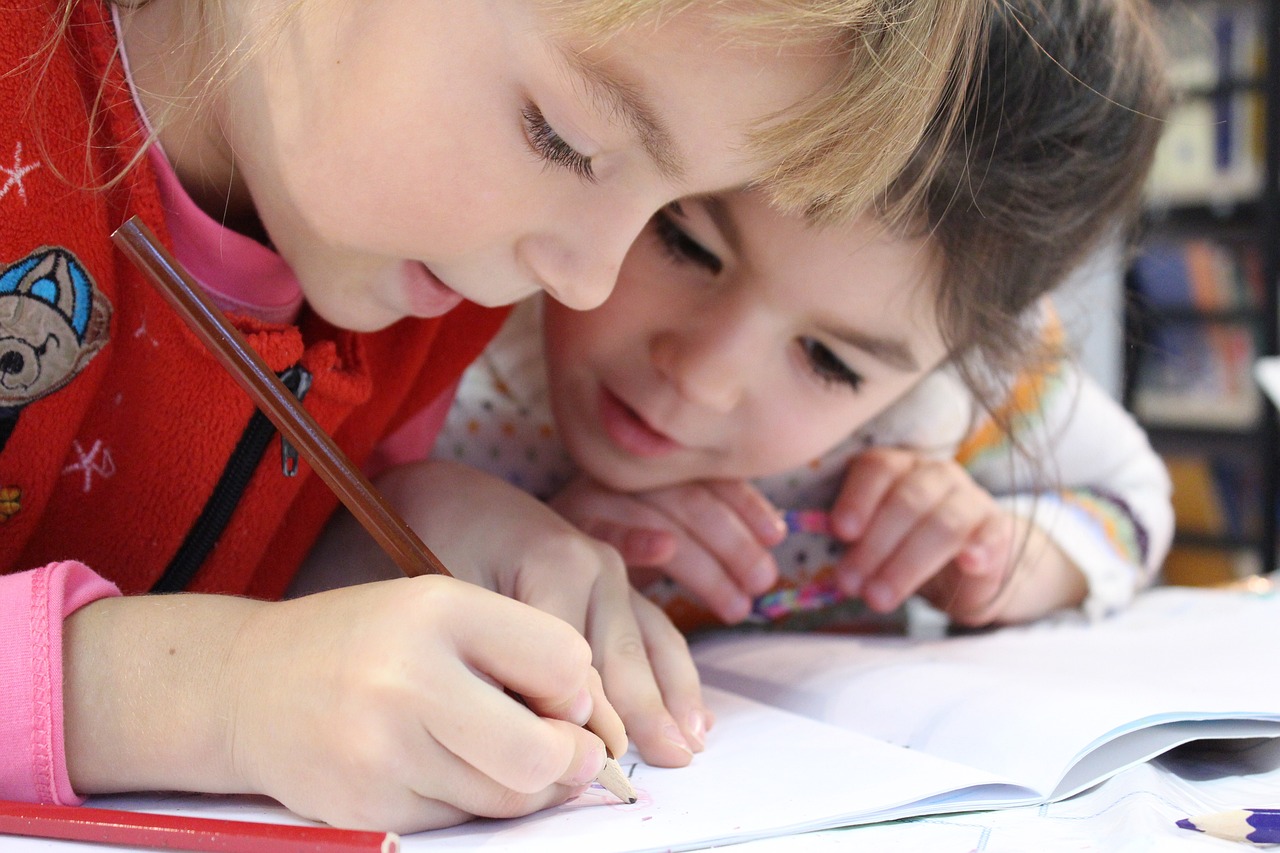As parents, we understand the importance of equipping our children with the skills and confidence to navigate the challenges they encounter at school, including peer pressure. Peer pressure can be a powerful force in influencing our children's behaviour and choices, but with the right guidance and support, they can learn to resist negative influences and learn how to make positive choices. Here's how we can help our children handle peer pressure effectively:
Understanding Peer Pressure
Peer pressure is a common experience for children as they navigate social interactions and relationships at school. It can take various forms, from subtle influences to direct coercion, and can impact our children's choices regarding academics, behaviour, and social activities. By understanding the nature of peer pressure, we can better support our children in developing the skills to resist negative influences and make decisions aligned with their values and goals.
To understand peer pressure best, educate yourself and your child about what peer pressure is, when they might encounter it and ways to avoid it. Teach them to identify it and discuss different strategies for responding to it in various situations. Discussing it and having open conversations will help you to convey real-life situations that they might encounter and discuss different possible responses to these situations. Remember to emphasise the importance of staying true to their values and making the right choices based on how they feel.
Building Self-Esteem and Confidence
One of the most effective ways to help our children resist peer pressure is by building their self-esteem and confidence. With a lower level of these two, kids can be susceptible to influence as they’re striving to fit in. Encourage your child to develop a strong sense of self-worth and identity, spawning from their strengths, values, and interests. Praise their unique qualities and accomplishments and provide opportunities for them to explore their interests and talents. Fostering a positive self-image, our children can make decisions based on their own beliefs and values rather than succumbing to external pressures.
There’s no magic formula, unfortunately, but you can start by celebrating their achievements. Praise their efforts and accomplishments (NOT THE RESULTS) to boost their self-esteem and confidence. Focus on their strengths and talents, and encourage them to pursue activities that make them feel proud and capable.
Open Communication and Active Listening
Open communication is key to helping our children navigate peer pressure effectively. Create a safe and non-judgmental space where your child feels comfortable discussing their experiences, concerns, and peer interactions. Listen attentively to their thoughts and feelings, validating their experiences and offering support and guidance without judgment. By fostering open communication, we can gain insight into our children's peer relationships and provide the guidance they need to make informed decisions.
Teaching Assertiveness and Boundary-Setting
Empower your child to be assertive and set healthy boundaries in peer interactions. Teach them to confidently express their thoughts, feelings, and preferences, and to say "NO" to things that conflict with their values or boundaries. Role-play different scenarios with your child to practice assertive communication skills and problem-solving strategies for navigating peer-pressure situations.
On a side note, this doesn’t have to be anything more than. Asking them ‘What if?’ questions and discussing their answer. “What would you do if your friend said ‘this’?”, “What would you do if all your friends were doing ‘that’?”
By teaching them to stand up for themselves respectfully, we can help our children develop the confidence and resilience to resist negative influences.
Encouraging Positive Peer Relationships
Encourage your child to cultivate positive peer relationships with friends who share similar values and interests. Help them identify supportive and trustworthy friends who respect their boundaries and encourage them to make positive choices. Facilitate opportunities for your child to participate in activities and clubs where they can meet like-minded peers and build meaningful friendships based on mutual respect and support.
Peer pressure is something that everyone faces at one point or another, and knowing what to do and having strategies in place is important. This is an essential skill that children need when navigating that mine field of schooling. By learning about peer pressure and communicating with your kids about the pitfalls, you can empower your children to make positive choices and resist negative influences. Together, let's equip our children with the skills and resilience they need to navigate peer pressure with confidence.





